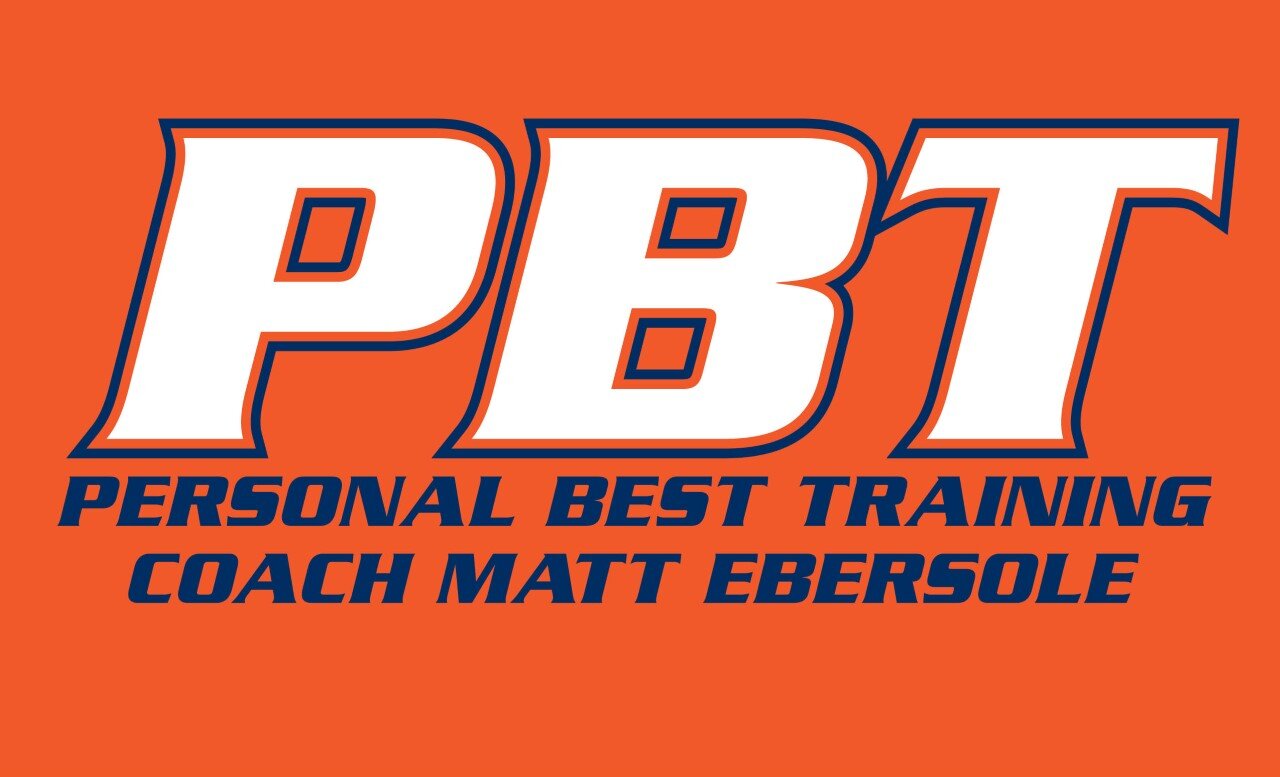Study now and smile on race day!
The Questions You should be able to Answer before Race Day
How Much Runway do You Need? My friend Kevin refers to tapering as landing the plane. If you drop mileage too much you will not make it to the runway and feel flat, fat and out of shape. If you keep it too high you hit the terminal and run on tired legs. Looking at your training log to see how much rest you took before workouts and races where you felt great are valuable clues.
What’s Your Fitness Level? No matter the goal time in your head it is time to have a reality check and determine what are you currently capable of running. You may be able to do this from workouts that you have a long history of running, but most likely this will come from race times. You can use a prediction chart but look at several and realize some are more optimistic than others.
What’s Your Race Plan? Starting with your current fitness level you can plan your race. Here are some things to include in your plan. How do you want to feel at points throughout the race? How does this match up to the splits on your watch? You may be hitting the splits for your goal time but if it feels way too easy it may be your day and you can dare to go a little faster. If it feels too hard you might slow down while you can still do so voluntarily. How are you going to deal with weather and the course? What is your nutrition/hydration plan (see below)? A few mental rehearsals can be a valuable use of time.
What are the Logistics? Determine not only what race weekend logistics are but which ones can you control and which ones simply require addressing? Race day surprises are rarely good things. Talk to people that have run the race in previous years and ask questions, especially what surprised them about the event? How long does it take to get parked or from the hotel to the start line, gear check, best places for dinner, it all matters. The less mental energy you burn dealing with details the more you will have when the race gets down to business and you need it most!
What’s for Breakfast? You should know from your long run days what, how much, and when you can eat breakfast and feel fueled but not full. Race day butterflies may require a little extra digestion time but you should be very habitual about breakfast by race day. As a matter of fact having the day before down to a science is not a bad idea either.
What’s in Your IV? Though this is a part of your race plan it is important enough to have its’ own section. I like to think of race nutrition as an IV drip. We know the goal is to essentially keep your water, sugar, and sodium levels as constant as possible. They will drop by the end of the race but your task is to limit your losses to an amount that does not adversely affect your performance. Finding your formula here is just as important as your long runs. Many great races have been ruined by lack of attention to these details.
Many of these answers are individual so use your time between now and race day to find what works for you and helps you cash in all of your hard work. I will be conducting a Race Readiness clinic in the Indianapolis area addressing all of these issues. Stay tuned for details.

